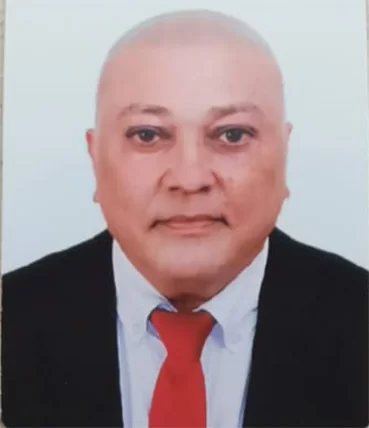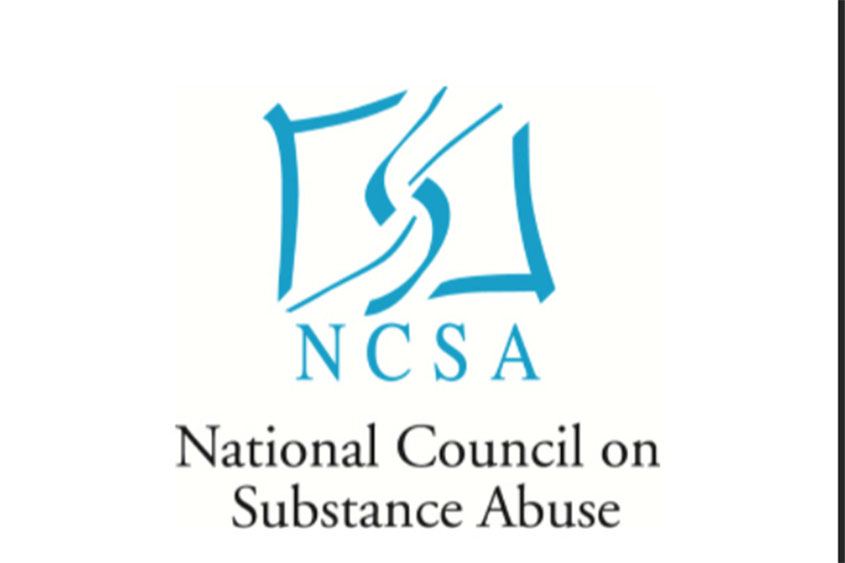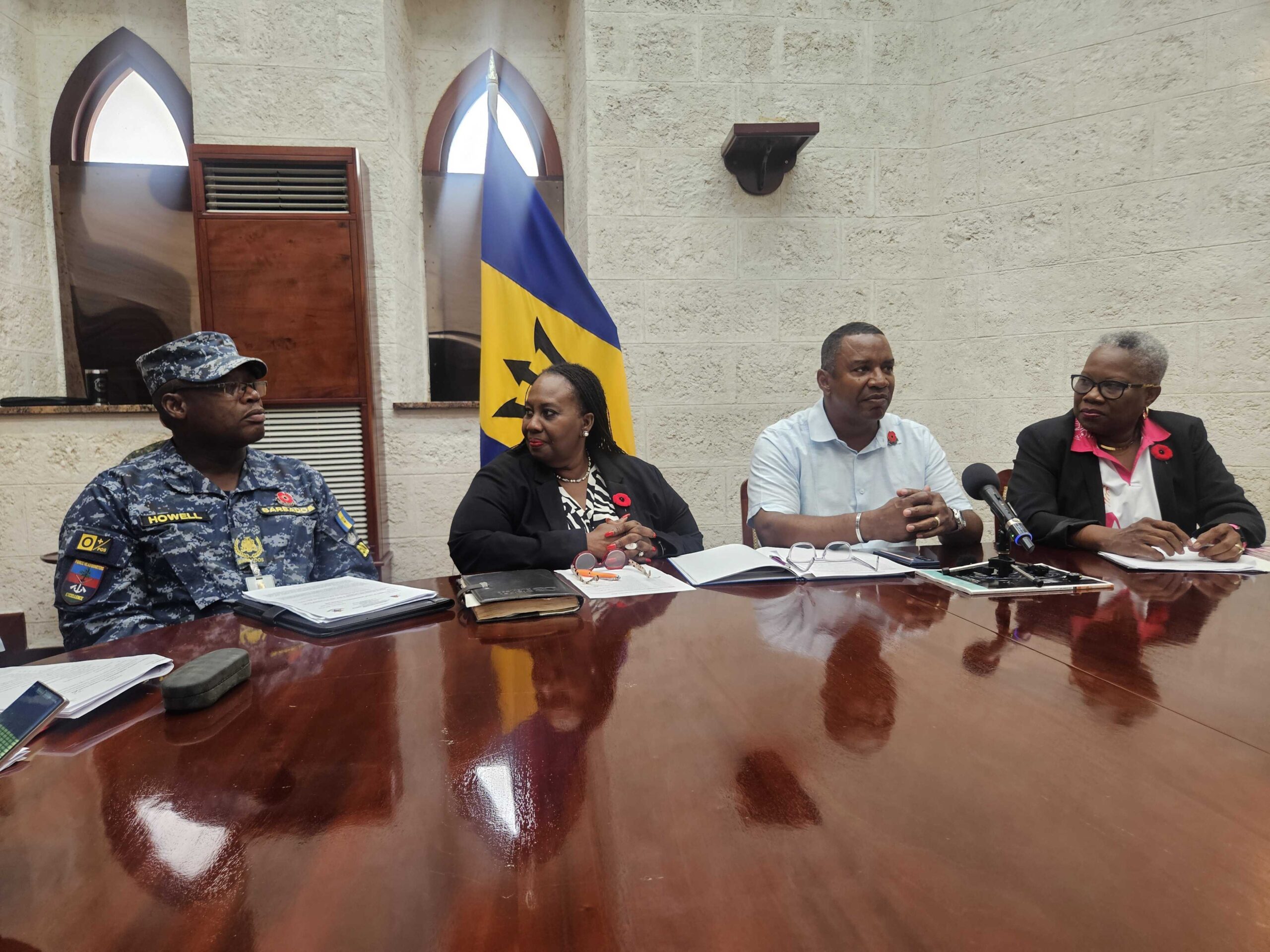In a significant administrative development, President Jennifer Simons has officially approved the appointment of Ravin Soerdjbalie as the Director of the Bureau of the Minister of Home Affairs. This decision, based on the recommendation of the Minister of Home Affairs, was formalized through a resolution dated October 24, 2025, and is retroactively effective from September 1, 2025. The employment contract, signed by Minister Marinus Bee, is indefinite and aligns with the salary scale for directors of General Administration departments. The appointment received unanimous approval from the Council of Ministers. Soerdjbalie brings a wealth of experience in public administration, having previously served as a legal policy advisor to the National Assembly and as the Deputy Chairman of the Independent Electoral Bureau. Additionally, he is currently pursuing a doctorate in Criminal Justice and Cybercrime at the European International University and has extensive experience as a consultant in governance, law, and security.
博客
-

A tropical wave and trough will cause moderate to heavy downpours
A tropical wave, coupled with a trough, is set to bring moderate to heavy rainfall accompanied by thunderstorms and gusty winds across several provinces in the Dominican Republic today. Affected regions include María Trinidad Sánchez, Samaná, Hato Mayor, La Altagracia, La Romana, El Seibo, San Pedro de Macorís, Monte Plata, Sánchez Ramírez, and Santo Domingo. The Dominican Institute of Meteorology (Indomet) has also indicated that the precipitation will extend to San Cristóbal, San José de Ocoa, Santiago, La Vega, Duarte, Monseñor Nouel, Azua, Elías Piña, Dajabón, Independencia, and Bahoruco, primarily during the morning and afternoon hours. In the National District, increased cloudiness and isolated showers are expected. Temperatures are forecasted to remain hot, ranging from a minimum of 21°C to 23°C and a maximum of 31°C to 33°C. Indomet has advised operators of fragile, small, and medium-sized vessels to exercise caution near coastal areas due to abnormal winds and waves, avoiding venturing out to sea. The weather conditions are expected to persist into tomorrow, with downpours and thunderstorms likely in towns along the southern coast. The Emergency Operations Center (COE) has issued alerts for 19 provinces, warning of potential urban and rural flooding, overflowing rivers, streams, and ravines, as well as landslides, particularly in vulnerable areas. San José de Ocoa remains on red alert, Pedravia and Monte Plata are on yellow alert, while Independencia, Pedernales, Bahoruco, Barahona, San Juan, Azua, San Cristóbal, Puerto Plata, Santiago, Monseñor Nouel, Duarte, San Pedro de Macorís, La Romana, La Altagracia, Santo Domingo, and the National District are on green alert.
-
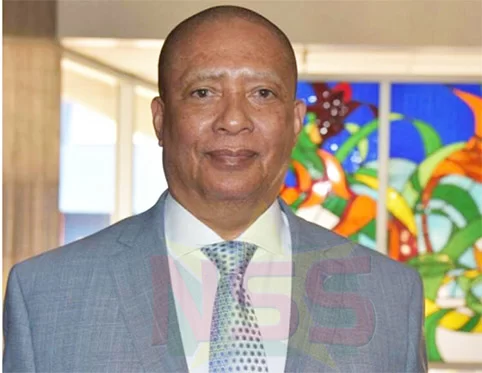
CBvS governor Roemer: Valutamarkt is ‘compleet imperfect’
The foreign exchange market in Suriname is far from functioning optimally, according to Maurice Roemer, Governor of the Central Bank of Suriname (CBvS). In an interview with Starnieuws, Roemer described the market as ‘completely imperfect,’ with exchange rates heavily influenced by speculation, expectations, and competition rather than economic fundamentals. ‘A market without rules is no market at all,’ he emphasized. To address this, the CBvS is collaborating with the government to develop adequate legislation and clear regulations for the currency market. Roemer stressed the need for exchange rates to be determined by real economic factors rather than irrational motives or profit-seeking behavior. This week, the CBvS held a special meeting with representatives from banks and currency exchange offices, including those not formally affiliated with any organization. Roemer explained that these discussions were necessary as the market is dominated by players who set rates without fundamental considerations. He highlighted fiscal policy (government spending) and monetary policy (managed by the CBvS) as the key determinants of exchange rates. The CBvS has intervened multiple times recently to curb irrational price increases driven by competition and speculation. ‘Such behavior accelerates rate hikes and is disconnected from economic reality,’ Roemer noted. Despite some recent stability, the Governor pointed out that rates set by banks and exchange offices are often influenced by non-transparent entities. ‘The worst scenario is when institutions base their rates on what dubious organizations offer. This leads to competition with illegal players, which is socially irresponsible,’ he said. Roemer urged banks and exchange offices to report illicit rates and informal trading to the CBvS, as such practices disrupt the establishment of a uniform exchange rate. ‘Arguments that one must adapt to illegal rates are unacceptable,’ he stated. The CBvS’s mandate focuses on price stability and acceptable inflation, with a uniform exchange rate being crucial. Roemer acknowledged that the current monetary framework is not yet optimal but emphasized efforts to create a more effective system. ‘In a small, open economy like Suriname, exchange rate increases impact prices by more than 60%, making exchange rate policy particularly important,’ he explained. A unique aspect of Suriname’s currency market is that every citizen has free access to it, unlike in most other countries. ‘This significantly influences the market,’ Roemer said. He noted that while foreign currency is primarily used for import payments, many individuals and businesses buy it to protect their wealth or make profits, creating demand not based on economic necessity but on precaution, speculation, or profit-seeking. ‘This undermines the economic basis of the exchange rate,’ he warned. Roemer advocated for a balance between freedom and regulation, suggesting that the absolute freedom to trade currency since the 1990s needs revision. ‘I’m not saying this freedom should disappear, but it must be subject to rules. Absolute market freedom can result in survival of the fittest,’ he said. He also pointed out that commercial currency trading is an economic offense under the law, but current legislation is insufficiently clear. ‘We lack laws to properly guide this market mechanism. This gap must be addressed quickly to protect purchasing power and bring inflation to normal levels,’ Roemer stated. The CBvS aims to build on recent successes, such as achieving a reasonable unification of exchange rates through a weighted average system. ‘We must maintain this success. A well-regulated market strengthens the credibility of monetary policy,’ he said. Roemer called for responsible market behavior, emphasizing that exchange rate formation should not become a profit-driven commodity. ‘We must all work toward a healthy market where rates are determined by economic reality, not speculation,’ he concluded. Regarding the government’s fiscal policy, Roemer refrained from making definitive statements but noted that the current administration has not shown signs of unrestrained spending, particularly in the consumptive sector. However, the CBvS is still dealing with the aftershocks of past spending policies. ‘We are trying to neutralize these effects through our open market operations. When the government spends heavily, the Central Bank must tighten its policies,’ he said.
-
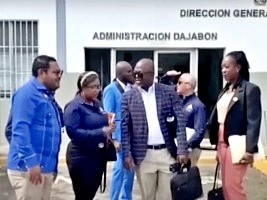
Health : Haiti and the Dominican Republic united for prevention
In a significant move to address public health challenges, officials from Haiti and the Dominican Republic convened in the border region of Dajabón to enhance epidemiological surveillance and foster bilateral cooperation. The meeting focused on mitigating health risks, particularly in light of the cholera alert in Haiti and the prevalence of respiratory and gastrointestinal illnesses in the region. Haitian representatives expressed their commitment to collaboration, highlighting the potential for future joint initiatives. Dominican authorities reassured that no cholera cases have been reported in their northern border area, attributing this to effective public health campaigns promoting education, sanitation, and hygiene. Both nations pledged to bolster early warning systems, technical cooperation, and training programs for healthcare workers. These initiatives will emphasize early disease detection, rapid response, and the exchange of real-time epidemiological data. Additionally, vaccination and disinfection campaigns will be coordinated in high-risk zones. The collaboration also aims to engage local communities through awareness programs on hygiene and disease prevention, ultimately strengthening the resilience of border populations and reducing the risk of cross-border contagion.
-
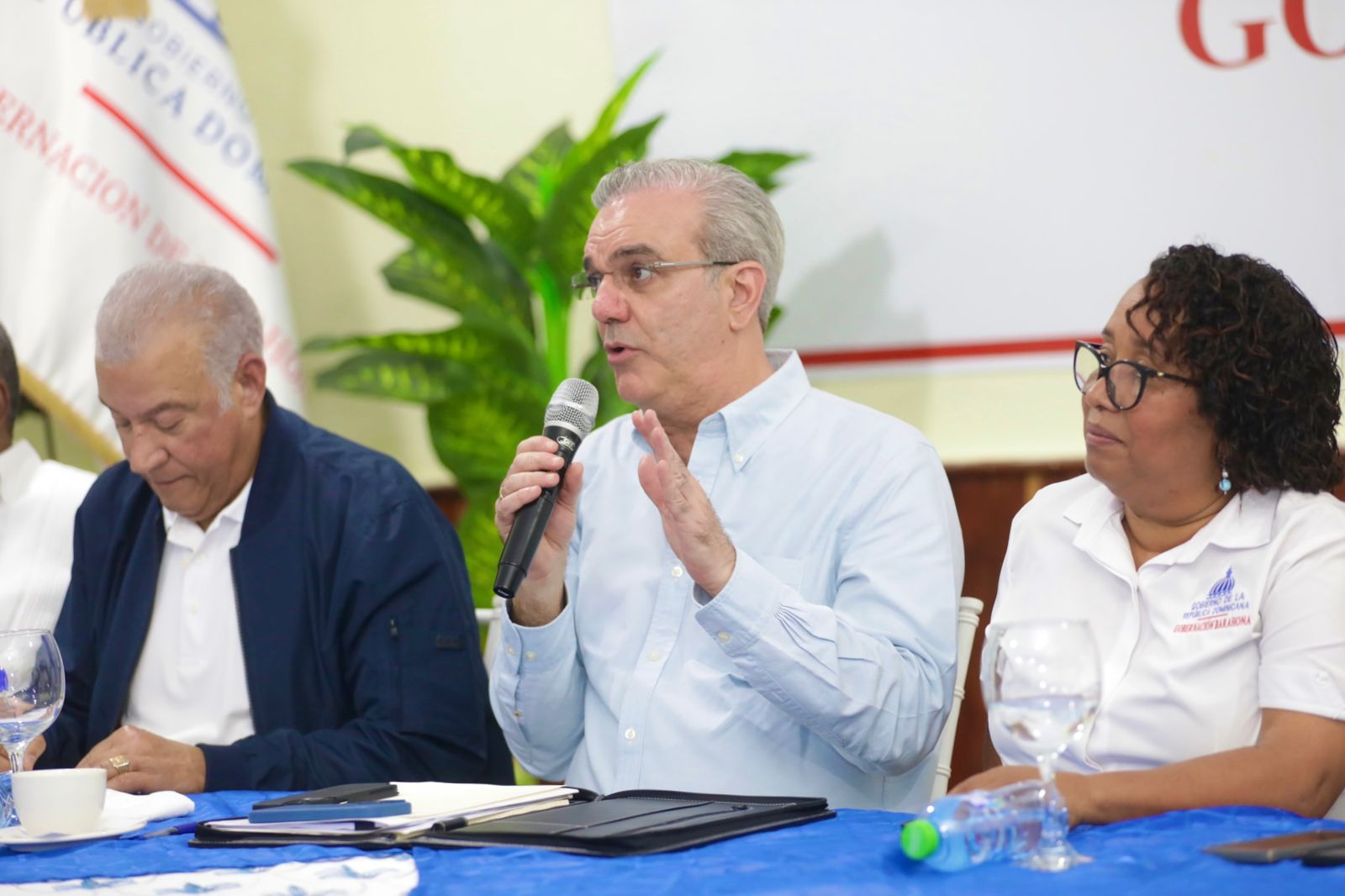
Luis Abinader assesses the damage from Hurricane Melissa: What will the Government do?
President Luis Abinader conducted an extensive tour of the provinces of San José de Ocoa and Barahona on Friday to evaluate the devastation caused by Hurricane Melissa. During his visit, he emphasized the government’s commitment to providing immediate relief and long-term solutions for affected families, agricultural producers, and local economies. Abinader assured that no individual or sector would be overlooked, with efforts focused on both recovery and mitigating future vulnerabilities.
In Barahona, the president convened a working group meeting with local authorities, relief agencies, community leaders, and media representatives. He highlighted the severe impact of prolonged rains on agriculture, rural infrastructure, and commerce in the Enriquillo region. A comprehensive support plan was outlined, involving direct aid to municipalities and producers, with collaboration from the Church and civil society to ensure transparency and efficiency.
Abinader announced specific measures, including non-refundable contributions and loans from the Agricultural Bank for coffee producers in Polo, the hardest-hit area. Housing assistance will be provided through the Presidential Directorate of Social Assistance for minor damages, while the Ministry of Housing and Construction will address more severe cases. The president stressed that homes in vulnerable zones would not be rebuilt to prevent future risks.
Infrastructure repairs are already underway, with the Ministry of Agriculture focusing on agricultural roads and the Ministry of Public Works handling major transit routes. Abinader pledged to extend recovery efforts to all provinces under red alert, ensuring comprehensive support across affected regions.
In San José de Ocoa, the president met with local authorities to assess agricultural and infrastructure damage. He ordered detailed surveys to facilitate targeted aid and soft loans, emphasizing transparency in resource allocation. Weekly meetings will monitor progress, with a focus on both immediate recovery and preventive measures.
Local officials, including Barahona Governor Oneida Catalina Féliz Medina, praised the president’s hands-on approach and commitment to addressing community needs. Mayors of affected municipalities requested additional support for infrastructure projects, including ravine conditioning, bridge reconstruction, and road repairs.
President Abinader was accompanied by key officials, including Minister Without Portfolio Deligne Ascención and Director of Social Assistance Edgar Féliz, underscoring the government’s coordinated response to the crisis.
-

TTDF on highest alert: All personnel recalled to base amid Venezuela war fears
The Trinidad and Tobago Defence Force (TTDF) has escalated its operational readiness to the highest level, known as State One Alert, following an abrupt directive for all military personnel to report to their respective bases by early evening on October 31. This unprecedented move was prompted by heightened regional instability, particularly reports of a potential US military strike against targets in neighboring Venezuela. Senior intelligence and military sources confirmed that an urgent circular was issued mid-morning, mandating all active soldiers, sailors, and air guard officers to return to duty. An internal message emphasized the gravity of the situation, stating, ‘This is not a drill,’ and advising personnel to prepare for confinement. Even those on leave were instructed to remain on standby. Troops were directed to report to four main bases: Cumuto, La Romaine, Chaguaramas, and Long Circular. State One Alert signifies the military’s maximum readiness, poised for immediate deployment to safeguard national assets and borders. High-level officials described the measure as precautionary, aimed at addressing potential regional or national disturbances stemming from the escalating US-Venezuela crisis. International media reports suggest the US is intensifying its campaign against the Maduro government, including possible military action. Despite the mobilization, the Ministry of Foreign and CARICOM Affairs urged calm, denying any changes to national security arrangements and attributing public anxiety to ‘false news reports.’ Defence Minister Wayne Sturge refrained from confirming the orders in Parliament, citing public interest concerns. However, these assurances have failed to alleviate widespread unease, with schools and businesses closing early across parts of Trinidad. The TTDF remains on State One Alert, with troops confined to installations awaiting further instructions.
